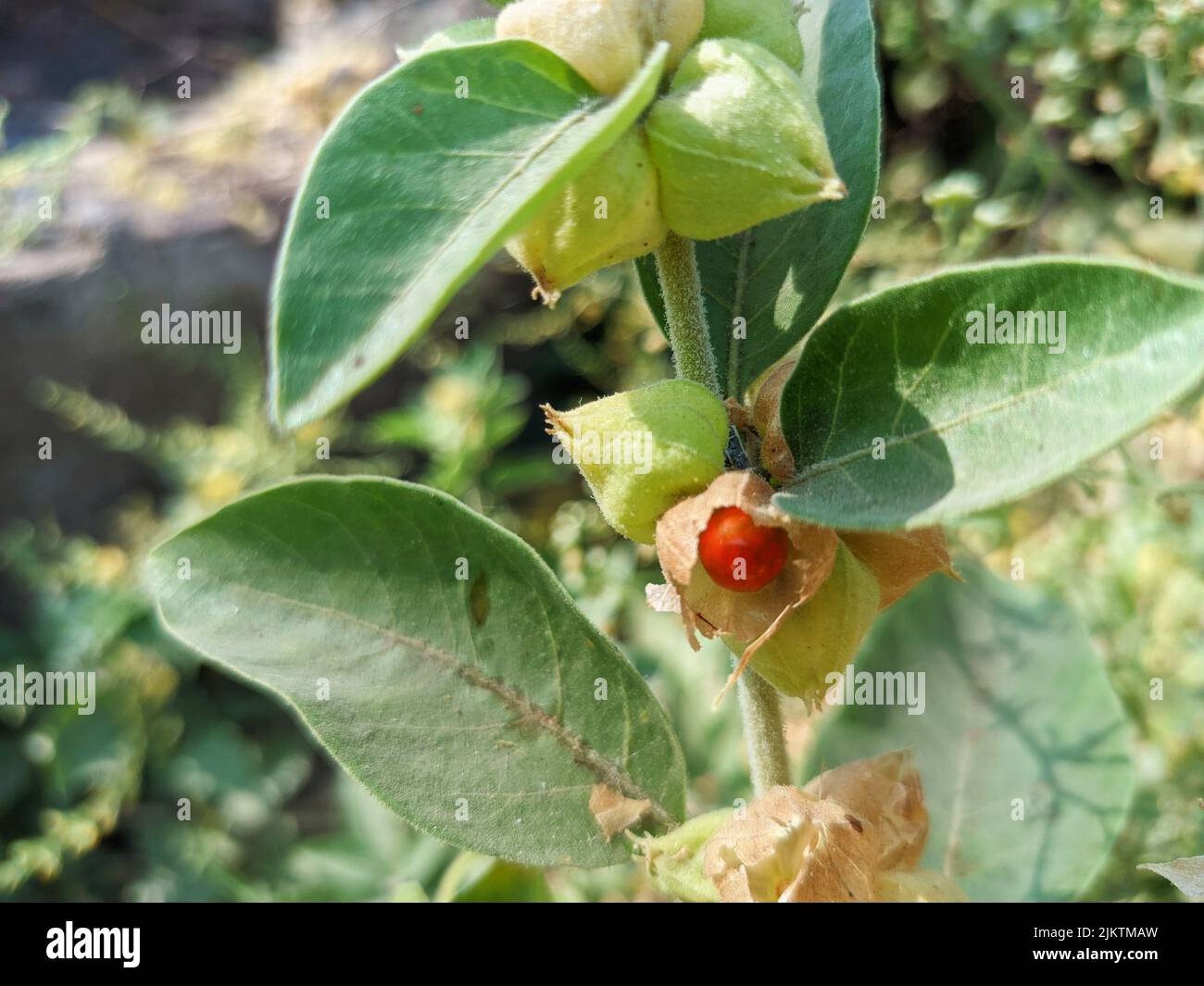Understanding Ashwagandha & Lactation: A Cautious Approach
Thinking about using ashwagandha while breastfeeding? You’re not alone. This ancient herb, also known as Withania somnifera, is gaining popularity for its potential health benefits. However, when it comes to nursing moms and their little ones, it’s crucial to proceed carefully.
While traditionally used to boost milk supply in Ayurvedic practices, scientific evidence supporting this claim is limited. More importantly, research on ashwagandha’s safety during breastfeeding is scarce, making it difficult to definitively determine its effects on infants.
Should You Use Ashwagandha While Breastfeeding?
Many new mothers wonder if ashwagandha is safe to use while breastfeeding. Unfortunately, the answer isn’t straightforward.
While some proponents believe it’s harmless and may even increase milk production, the lack of scientific research makes it impossible to guarantee its safety or effectiveness for nursing mothers and their babies.
Traditional use doesn’t necessarily equate to scientific validation, especially when it comes to the developing systems of infants. Some studies even suggest that high doses of ashwagandha might negatively impact milk supply, further complicating the matter.
The bottom line? Always consult with your doctor or midwife before adding ashwagandha to your routine while breastfeeding. They can assess your individual circumstances, weigh potential risks and benefits, and help you make an informed choice that prioritizes both your health and your baby’s well-being.
Is Ashwagandha Safe for Babies? Unveiling the Uncertainties
When it comes to ashwagandha’s safety for babies, particularly those who are breastfed, the answers remain unclear. This lack of research makes it challenging to assess potential risks accurately.
Here’s what we know – and don’t know:
- Limited Research: The scientific community hasn’t conducted enough studies to determine the safety and efficacy of ashwagandha for breastfeeding mothers and their infants.
- Transfer to Breast Milk: It remains unknown how much ashwagandha, if any, passes into breast milk and what effect that might have on a nursing baby.
- Potential Risks: Some studies on adults suggest that high doses of ashwagandha could lead to side effects such as upset stomachs, muscle weakness, and, in rare cases, liver issues. While the effects on babies are unknown, caution is advised.
Given these unknowns, healthcare professionals strongly advise against giving ashwagandha directly to infants or babies.
What should you do? Talk to your pediatrician before considering ashwagandha for your little one. They can offer personalized advice and might be aware of newer research.
Ashwagandha and Breast Health: Separating Fact from Fiction
While ashwagandha shows promise for some aspects of women’s health, its impact on breast health specifically remains largely unknown.
Here’s a closer look:
- Limited Evidence: Some preliminary human and test-tube studies suggest ashwagandha might offer benefits for women’s health. However, larger, well-designed clinical trials are necessary to confirm these findings and understand how ashwagandha affects breast tissue.
- Hormonal Influence: Ashwagandha may influence hormone balance, potentially impacting menstrual cycles, reproductive health, and menopause symptoms. More research is needed to understand the extent of these effects and any implications for breast health.
- Other Potential Benefits: Some research suggests ashwagandha could play a role in:
- Reducing anxiety, depression, and irritability.
- Minimizing fluid retention and breast tenderness, potentially due to its anti-inflammatory properties.
- Increasing libido.
However, it’s essential to remember that more research is needed to verify these potential benefits.
The key takeaway: Consult your doctor before using ashwagandha, especially if you are pregnant, breastfeeding, or have any underlying health conditions.
Making Informed Decisions: Prioritizing Your Health and Your Baby’s
Navigating the world of herbs and supplements during breastfeeding can feel overwhelming. Conflicting information is abundant, and separating fact from fiction requires careful consideration.
Remember that ashwagandha is classified as a dietary supplement, meaning it doesn’t undergo the same rigorous testing as prescription medications.
Here are some key points to keep in mind:
- Limited Scientific Evidence: While traditionally used to boost milk supply, research confirming ashwagandha’s effectiveness for this purpose is limited.
- Safety Concerns for Newborns: Due to potential sensitivity and the lack of safety data, ashwagandha should be avoided for breastfeeding babies, especially newborns and premature infants.
- Prioritize Open Communication: Discuss your interest in ashwagandha with your healthcare provider. They can help you weigh potential benefits and risks based on your individual health needs and provide personalized guidance.
- Explore Alternative Options: Evidence-based stress management techniques, such as mindfulness, exercise, and support groups, can be valuable resources during the postpartum period. Your doctor can recommend suitable options for your specific needs.
When it comes to your health and your baby’s well-being, erring on the side of caution is always wise. Until more research is available, approach ashwagandha use with caution and prioritize open communication with your healthcare provider.
For those curious about safe and effective ways to support their health and well-being, consider exploring these resources:
- For eco-conscious sun protection, discover which sunscreens are reef-safe in our comprehensive guide: What Sunscreens Are Reef Safe?. Protecting our planet and our health go hand in hand.
- Elevate your home’s water quality with the innovative Waterdrop Reverse Osmosis system. Experience the numerous benefits of pure, clean water for drinking, cooking, and more.
- Discover Long Black Pepper: Flavor & Health Benefits - April 25, 2025
- Shocking Twists: The Grownup Review: Unreliable Narration - April 25, 2025
- A Quiet Place Book vs Movie: A Deep Dive - April 25, 2025

















1 thought on “Ashwagandha (Withania Somnifera) and Breastfeeding: Safety, Benefits, and What You Need to Know”
Comments are closed.